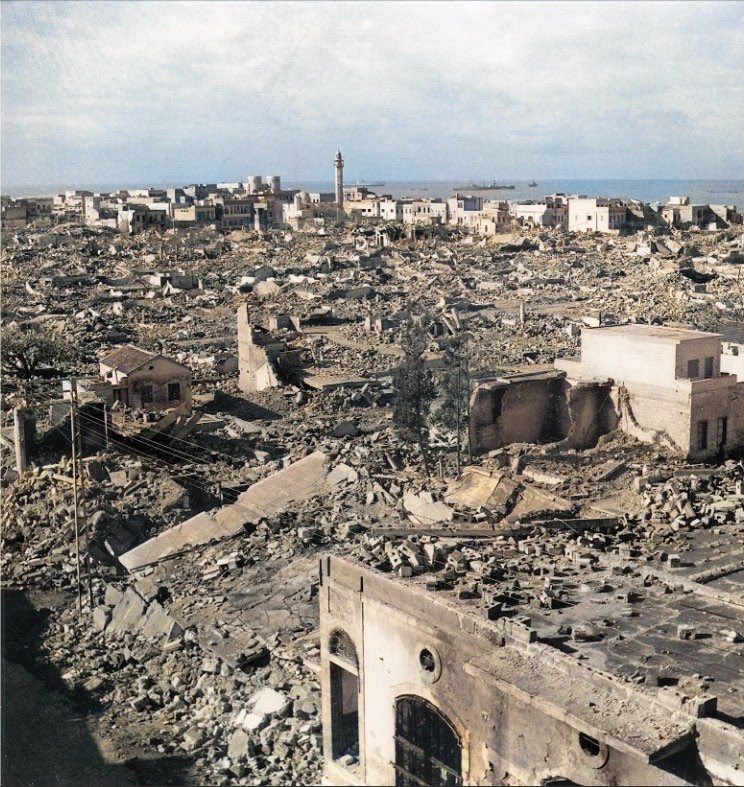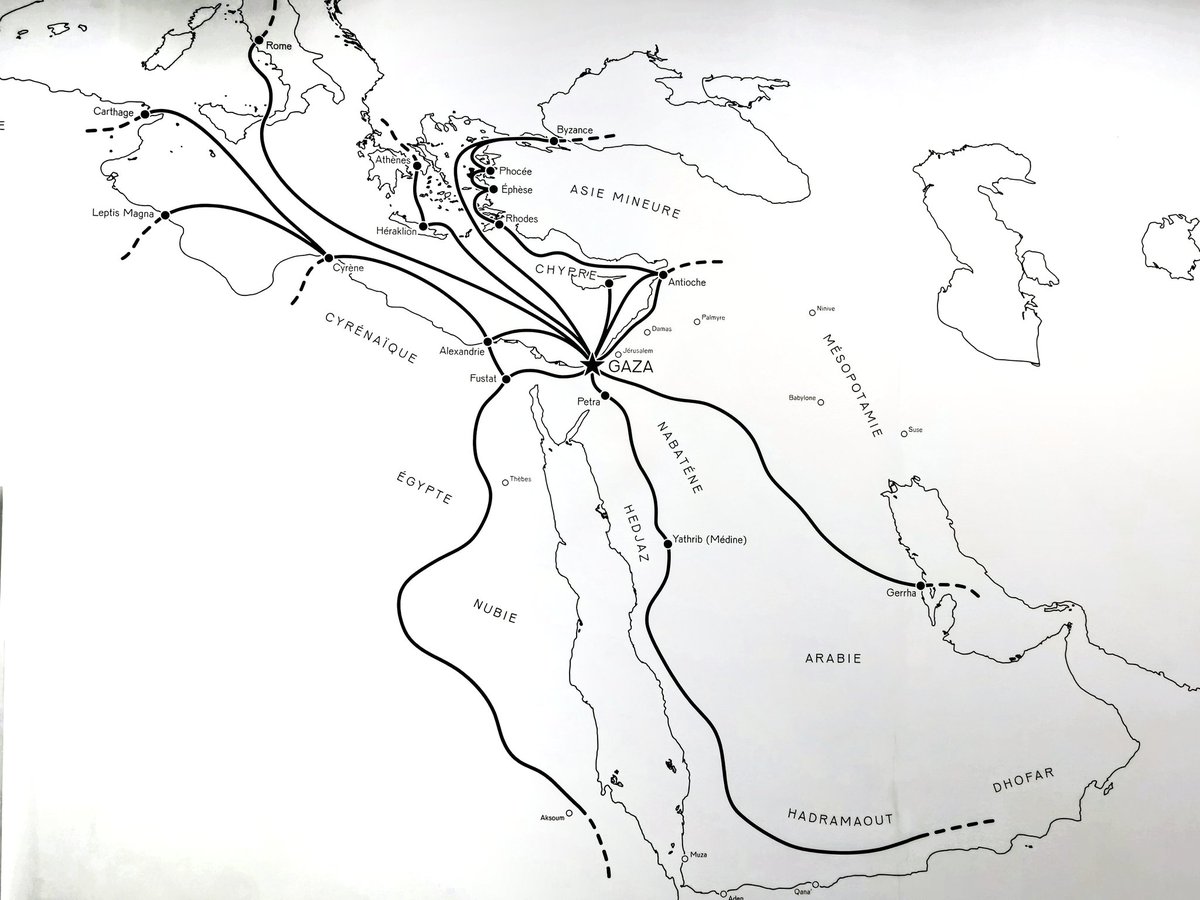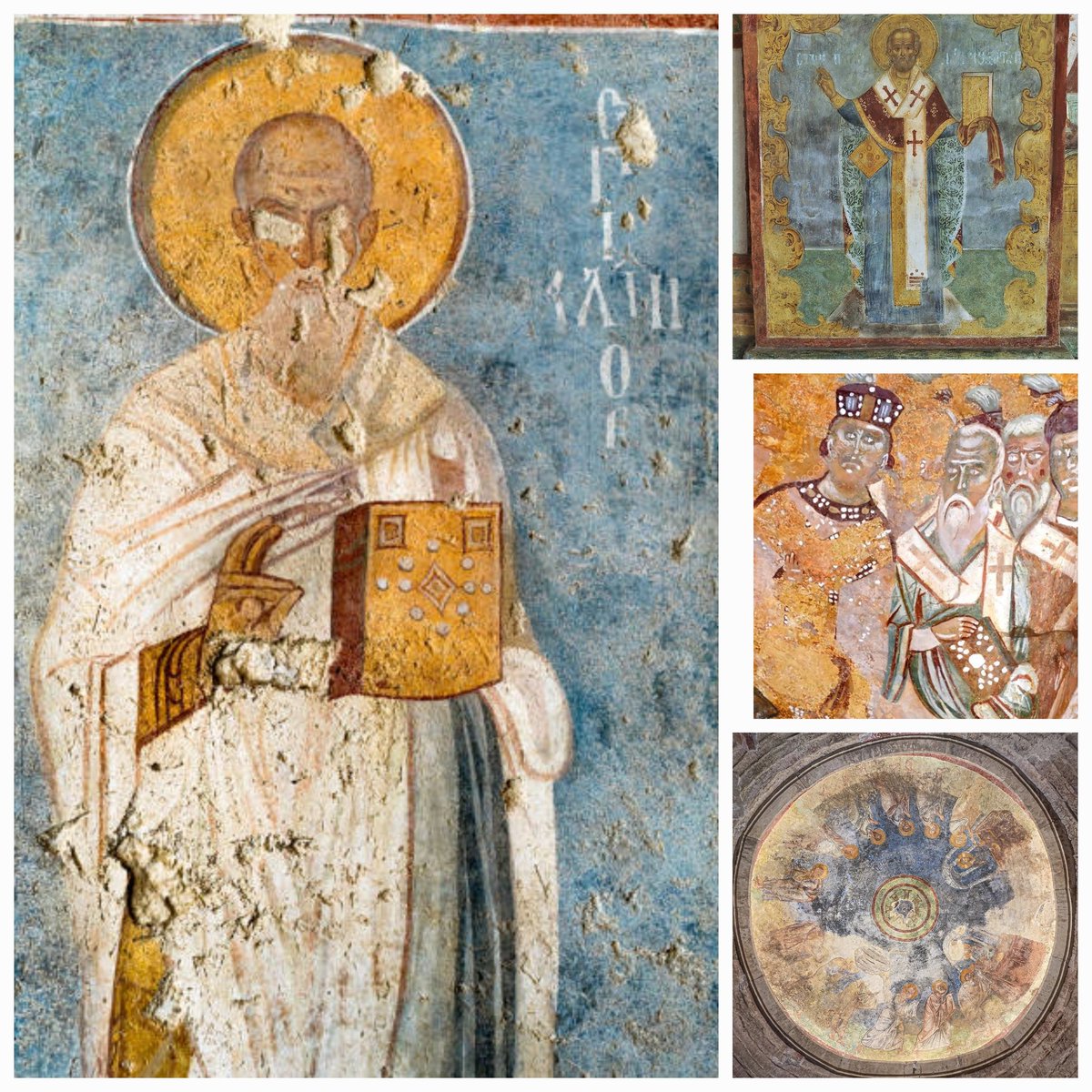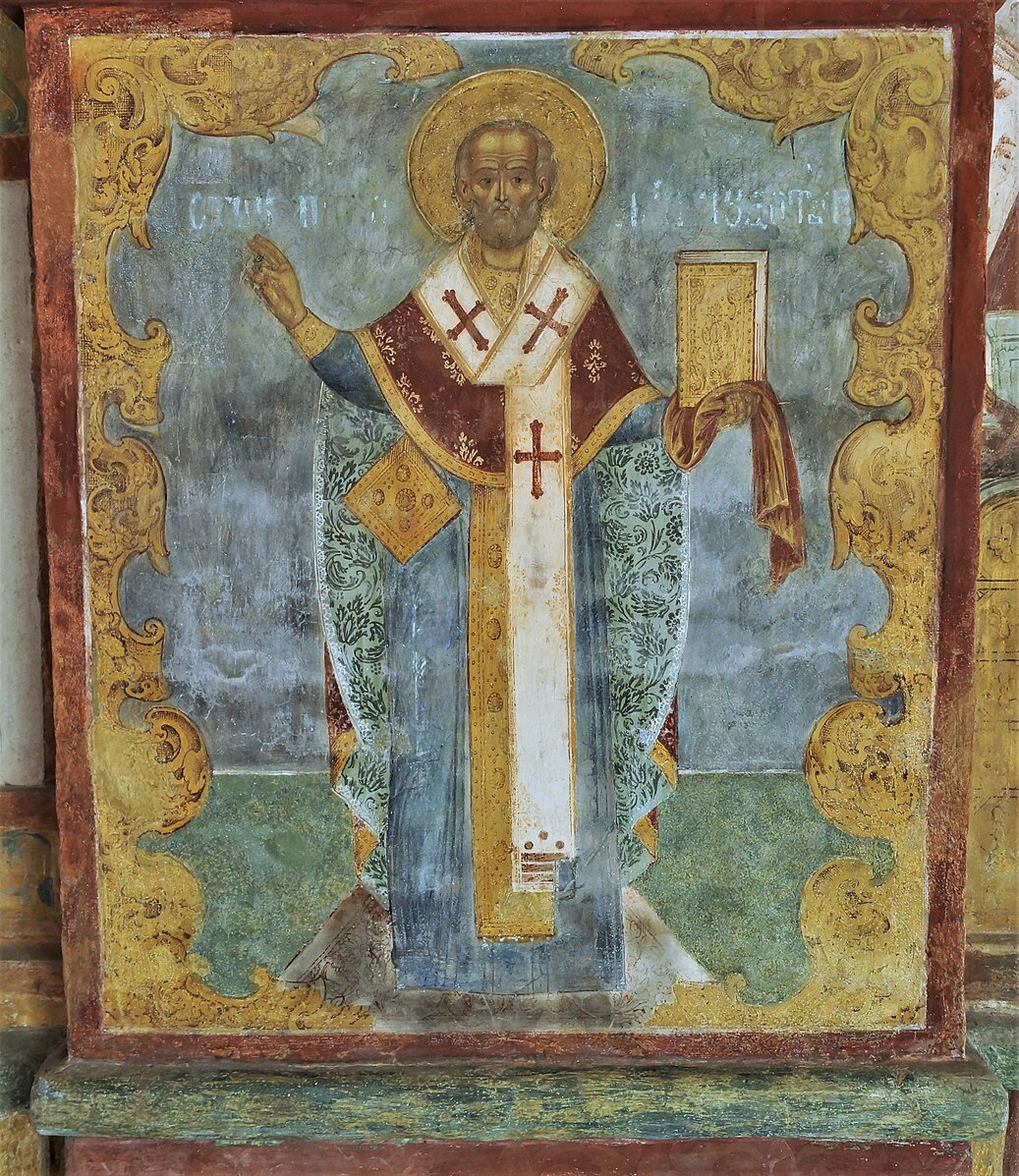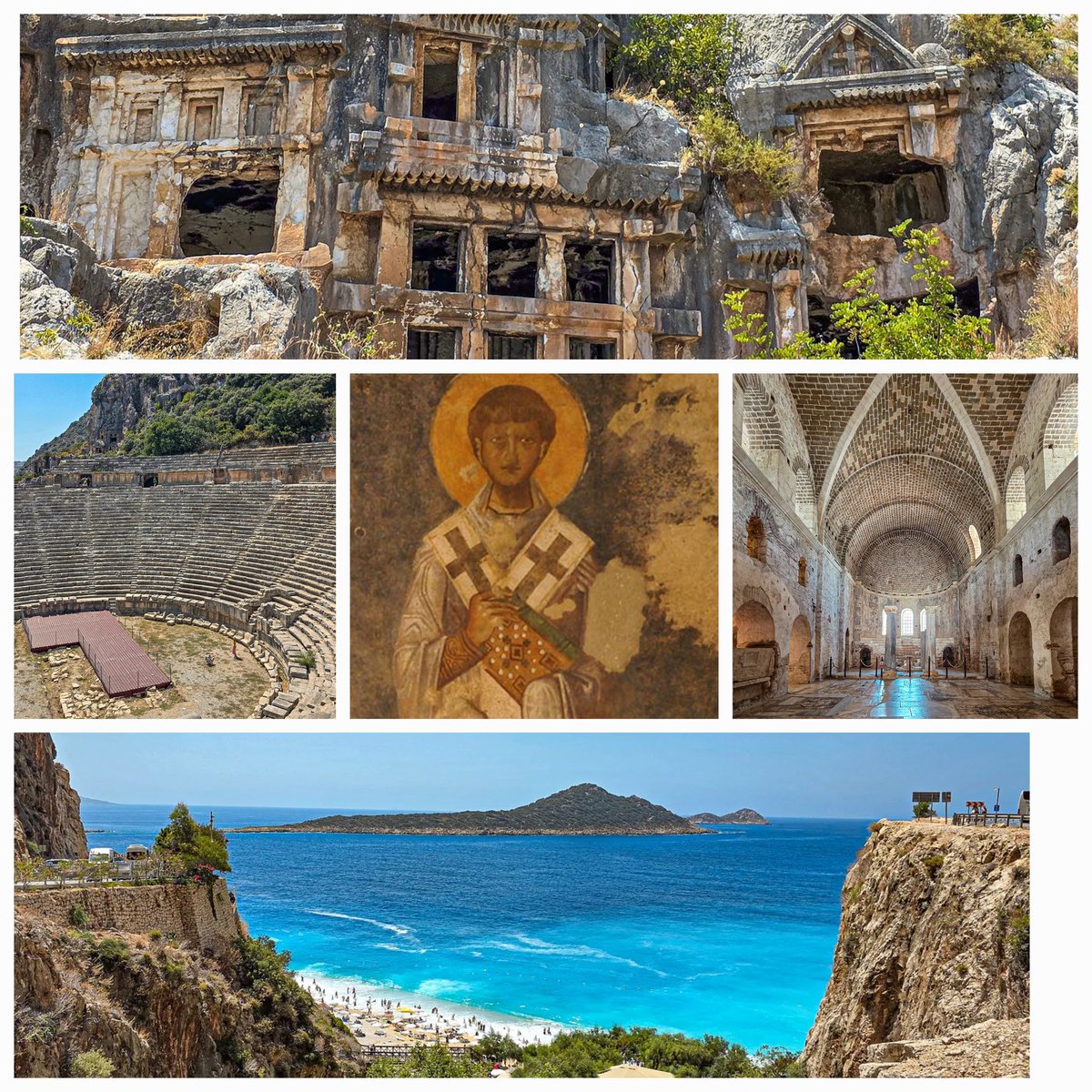In 967 Yajnavaraha, a counsellor of the Khmer king Rajendravarman of Angkor, began work on the tiny, delicate but utterly exquisite Vishnu temple of Banteay Srei, ‘the jewel of Khmer art’ and one of the loveliest temples in all Southeast Asia. 

Here there are magnificent images here of Durga dancing her way to victory over the buffalo God Mahisasura “filled with a sinuous pattern of limbs rounded by the sap of youth,” as Stella Kramrisch put it & cycles of sculpture from the Ramayana and the Mahabharat 

There are images of Ravana shaking Mount Kailasha; the fire in the Khandava Forest, Krishna killing Kamsa, and Kama, the God of Love, firing arrows at Lord Shiva. 

It was constructed, planned &patronised by Yajnavaraha who as well as a trusted advisor, or rajaguru, to the king, was also one of Rajendravarman’s leading nobles, a prominent Shaivite devotee, & a Sanskrit scholar of great erudition, as well as tutor to the Crown Prince. 

Banteay Srei is fascinating as it seems to have been planned in great detail by Yajnavaraha, in part as a literary game, in part as a demonstration of his erudition, and it reveals a great deal about the Sanskrit texts which were being read in 10thC Cambodia 

Banteay Srei shows how such literary and sacred texts were passed on and indeed where they were kept: Banteay Srei has two gorgeous pavilions identified as libraries. 

Some of the panels show a knowledge of the poems of Kalidasa; others the Mahabharat and Ramayana and the different Puranas. 

More surprising still is a panel which indicates an awareness of a female Tamil poet, Karaikkal Ammaiyar, who is said to have renouncednher great beauty and turned herself into an emaciated hag to follow Lord Shiva as an ascetic and one of the greatest devotional poets. 

While much loved in Tamil lands, Karaikkal Ammaiyar does not seem to be well known even in neighbouring Andhra; yet here she is, sculpted in stone, fanged & shrivelled, sitting at Shiva's dancing feet in the distant Khmer Empire. This may be the oldest representation of her. 

This is not the only surviving clue that the Khmers were in close intellectual touch with the Kings and scholars of Southern India. A frieze of the Churning of the Ocean at Angkor Wat, for example, shows a large monkey assisting the gods in their work. 

This probably represents the monkey Vali who also appears in similar scenes of the Churning in the Chalukyas temples of Pattadakal. 

More intriguingly, some scholars maintain that a junior branch of the Pallavas lived among the Khmers, intermarried with their royalty and that when the throne of Kanchipuram fell vacant in 728 Nandivarman Pallavamalla came from Cambodia to take over the throne there.
There is no scholarly consensus on this, and Vidya Dehejia for one is sceptical; but that firm long-distance links existed between the two Hindu kingdoms is certain.
A fascinating inscription at the entrance to the temple, studied by Dominic Goodall, talks of the education Yajnavaraha gave his younger brother: ‘Of this Yajñavarāha, who had seen the further shore of [the ocean of] knowledge, his younger brother was called Viṣṇukumāra. 

"The water-lily of his mouth opened wide, drinking in again and again the nectareous moonlight of knowledge that came forth from his guru’s mouth. He received all the disciplines, beginning with that of grammar, from his elder brother... 

"... as well as] all the arts and the [forms of] yoga taught by Śiva, [and] by the guru [Patañjali] . So that there should be no interruption in the transmission of knowledge, he wrote out the whole Kāśikāvṛtti.. 

"... and the [text whose name is] Śivasaṃhitā preceded by [the qualification] Pārameśvara-… Inspired by whom, the composition of an ākhyāyikā was produced in his native place; who, knowledgeable about various languages and scripts, acted in dramas.” 

Very rarely do such scholarly curriculums get written down at this period; but to find such Sanskrit erudition so very far from home is just astonishing. 

With thanks my sponsors @WildFrontiers,
to the fabulous @Amanresorts for putting me up & amazingly comfortable and luxurious @SingaporeAir for the flights.
to the fabulous @Amanresorts for putting me up & amazingly comfortable and luxurious @SingaporeAir for the flights.
• • •
Missing some Tweet in this thread? You can try to
force a refresh


